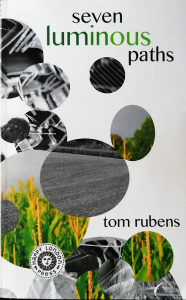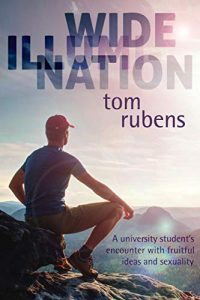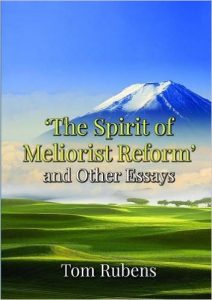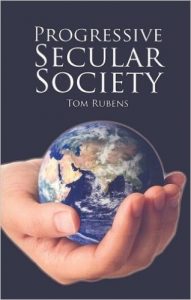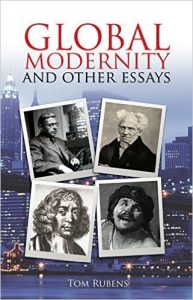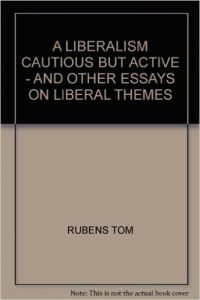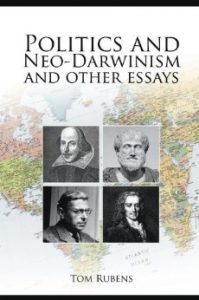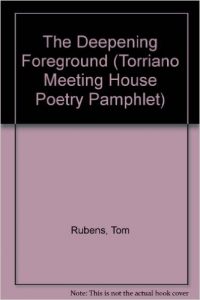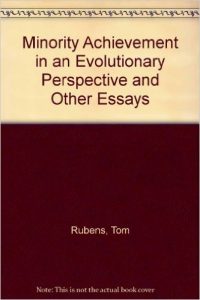Seven Luminous Paths
This selection of poems has seven theme-sections. They have all grown out of my aim to highlight the fact that areas of experience and observation which are very different from each other can, nevertheless, serve equally as sources of deep illumination and emotional growth.
So, the diversity is intended to move the reader to view these areas sympathetically, by being taken to the core of each one—hence placed right at its centre.In other words, the theme-groupings are meant to take the reader along a number of distinctive but link-able paths:ones varying in time, terrain, point of focus and emotional yield.
Across this spectrum, s/he will find material on: the historical past, from ancient to relatively recent; the arts, but also the world of nature; intensely personal experiences, plus exploration of public issues; sensuous imagery, as well as ideas and concepts.The above range shows that the subject-matter has an overall philosophical character. But, at the same time, it is carried on language which unlocks the imagination, and so appeals to all readers of poetry by bringing pictures as clear as can be found in the verse of, for example, Wordsworth or Hardy.

Harvest the Light: A young man’s enlightenment and reactions
Tom Rubens relates a young man’s enlightenment and intellectual growth in 1960-70’s England. These are the formative experiences of a fictitious young man, Richard Lane, and his personal philosophical development around modern Western society. Not being from a socially privileged background – Richard is a stranger to a broad education and culture, yet his advancement carries with it exhilaration and challenge, excitement and uncertainty.
The mid-late 20th Century time-span and location provides a backdrop to events that sees a widening of educational, social and occupational opportunities – a perfect scenario in which to place Richard’s intellectual growth. British society’s age-old inequalities and prejudices still endured – and yet the colourful ‘Spirit of the Age’ permitted the breaking of traditional taboos, allowing an extraordinary society enlightenment – as for many young people in the West at the time.
Although primarily set in England, Richard travels through Europe – firstly, Germany while a student, and on to Portugal and Italy as an English Language teacher. This, for the time, novel international dimension encourages Richard’s interest in global thought and culture – and places into context the variety of personal development opportunities provided by his home country. Had Richard been born in England into his original social class before the 1930’s, he recognises that his intellectual growth would have been severely impaired. He sees that is not alone – foreign travel broadens his view of the similarities to his European counterparts.
Wide Illumination: A university Student’s encounters
Set in the mid-1960s, this second novel in the trilogy shows Richard Lane continuing his studies in English Literature at university. These studies become a springboard for a frank sharing of ideas with a circle of other male students. Their conversations are partly to do with moral attitudes and with differences in social position. During his first summer vacation, he visits Germany and meets a female German student named Helga, with whom he develops an intimate understanding, enriched by sexual pleasure. This sharing is especially interesting: happening only two decades after the end of World War II, it shows the eagerness of young people to bridge what were once cultural divides. As Richard’s years at university come to a close, he feels a desire to see more of the Continent, and thinks he can do this by becoming a teacher of English abroad. He then gets a teaching post in Portugal—where a good deal of the final book in the trilogy will be set.
Into Full Sunlight
Into Full Sunlight: A Romantic novel by Tom Rubens An anxious yet expectant adolescent’s first sexual encounter at university.But, before that, step back to September of 1961, and the sunlit grounds of a recently-opened comprehensive school. This biographical novel captures the experiences of a teenager’s transformation into a young adult. His name is Richard. His journey starts when he goes into the Sixth Form at school, and later graduates to university. The story delicately details the complex struggles which adolescence brings. His tribulations are sparked by encounters at university with female contemporaries who are sexually experienced: these ignite Richard’s physical awareness and lust. But they also unleash new feelings of anxiety and insecurity. Richard feels his naivety and youthful lack of experience; he wishes he knew enough to fit in easily with such situations, hard as that adjustment might be. These feelings increase when, for example, he hears other students talking about buying contraceptives. That is something else he has never previously been involved in Richard’s first sexual experience, though casual and brief, is sensually intoxicating, and stays in his mind as a climax of absolute physical pleasure.Into Full Sunlight is, however, far more than a story of Richard’s erotic encounters. The book is also a key philosophical study of a personality’s transformation through self-realisation. Ultimately, it is as much an exploration of ideas as it is a portrayal of love, sexual understanding, and how they can be lost and regained in the most unexpected ways.
The Spirit of Meliorist Reform
This book is a collection of essays on a spectrum of political, economic and social issues, plus ones which are philosophical and cultural. However, despite such variety, there is a good deal of inter-echoing between individual pieces. Emphasis has been given to a number of writers of the 19th and 20th centuries: those who, in the author’s view, have done an enormous amount to set the intellectual agenda for Western culture in the 21st century.
This is Tom Rubens’s eighth published book on philosophy. He has also published fiction and poetry. He has spent most of his working life as a teacher of English, and describes himself as ‘a social and political activist.’
Progressive Secular Society
Progressive Secular Society: And other essays relevant to secularism (Societas) by Tom Rubens (2008-06-01).
A Liberalism Cautious But Active
A Liberalism Cautious But Active – And Other Essays On Liberal Themes.
Politics and Neo-Darwinism (Societas)
This collection of essays is eclectic, covering certain political, ethical, cultural, and philosophical topics. But running through all the material is the evolutionary-naturalistic perspective stated in the opening essay, which gives the book its title. Another emphatic feature is a focus on the Western cultural outlook, as the context in which the large number of topics is viewed. This focus is important as a way of re-affirming the distinctive character of Western intellectual and cultural history, at a time when that character is, arguably, not sufficiently recognised and appreciated. Authors referred to include Aristotle, Shakespeare, Voltaire, and Sartre.
Spinozan Power in a Naturalistic Perspective and Other Essays
A collection of essays on physicalism and naturalistic philosophy that includes critiques of Spinoza, Schopenhauer, Niebuhr and Santayana. The book aims to show the relevance of the concept of mental power as a principle for ethical behaviour, and to explore its implications for society as a whole.
Economic Reform and a Liberal Culture
This second collection of essays for the Societas series by Tom Rubens continues the author’s discussion of contemporary issues contained in “Progressive Secular Society” (Imprint Academic 2008). The present book is divided into three main sections. The first deals with social, economic and cultural issues; the second with topics which are essentially philosophical; and the third with themes which are chiefly literary. Throughout, the viewpoint expressed is that of secular humanism.
